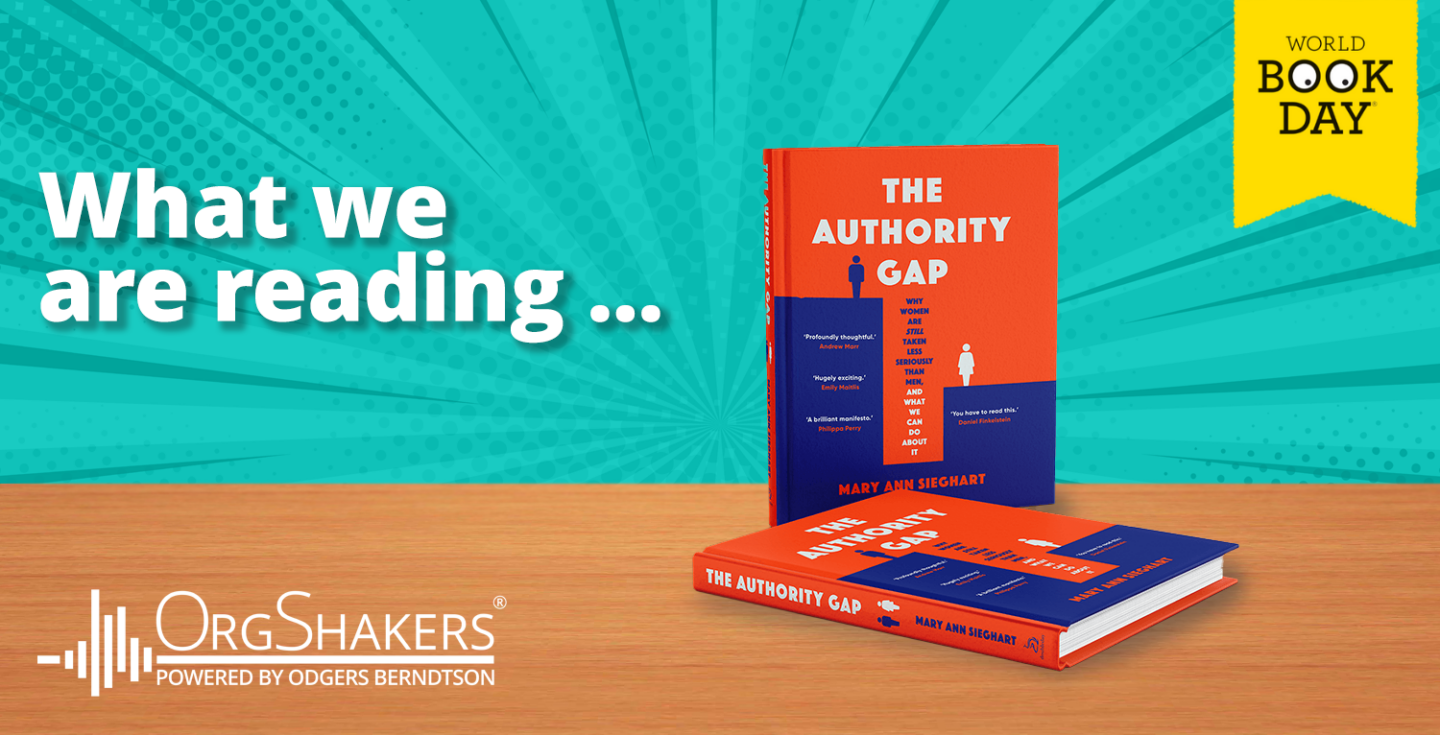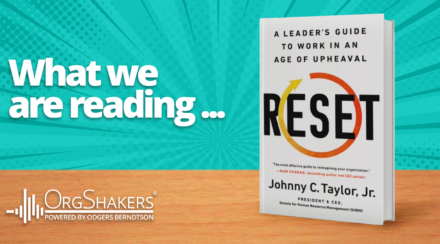Menu

What We’re Reading: The Authority Gap by Mary Ann Sieghart
With International Women’s Day on the horizon, and Women’s History Month now in full swing, we have been reading The Authority Gap: Why Women Are Still Taken Less Seriously Than Men, and What We Can Do About It by Mary Ann Sieghart.
Sieghart spent 20 years as Assistant Editor of The Times and is currently a Non-Executive Director of the Guardian Media Group, Senior Independent Director of Pantheon International, Non-Executive Director of The Merchants Trust, Senior Independent Trustee of the Kennedy Memorial Trust, and Trustee of the Esmée Fairbairn Foundation – in addition to extensive TV and radio experience. And she has channelled this lifetime of experience into an explosive and important book.
The ‘Authority Gap’ of the title is evidenced in the way women are continually undermined, belittled, and talked over in both their professional and personal lives. However, unlike the gender pay gap, it is harder to measure the authority gap as it is perpetuated by systemic unconscious biases.
Sieghart begins her examination of these biases by exploring whether there is any truth to the idea that women are ‘naturally’ less well suited to leadership in certain traditionally ‘male’ careers, and this is quickly disproven. She has pulled on a wealth of research throughout the book to highlight the hypocrisies women face in the workplace and the wider world, using a mix of academic studies, polling data, and dozens of interviews with pioneering women such as Baroness Hale, Dame Mary Beard, and Bernadine Evaristo.
All of this is combined to unearth the deep-rooted social conditioning that women are subject to from as young as elementary school age – one study cited discovered that elementary and middle-school boys were given eight times more attention by teachers than girls in this age group. Sieghart then opens up her field of enquiry as the book goes on, delving into the rise of online abuse as a way of silencing women, the double-standards of beauty and aging, and the multiple ways that bias against women intersects with other factors such as race, class, and disability.
After bringing all of these issues to light, Sieghart closes the book with her final chapter – aptly titled ‘No Need to Despair’ – where she highlights the changes that need to be made at individual, organizational, and legislative levels in order to close this gap. And the author even goes on to explain how closing this gap is beneficial not just for women, but for all; men in more gender-equal societies report higher levels of happiness and satisfaction in home and work life, and gender-diverse companies are more profitable!
This is an important book for all employers to read, as it expertly uncovers the unconscious bias and microaggressions that women still face at work – and sets out a roadmap for how to ensure this behavior is challenged and changed for the better.
If you would like to discuss how we can help support the diversity, equity, and inclusion strategies in your organization, please get in touch with us here.
And to grab a copy of The Authority Gap, head over here for the US and here for the UK.



